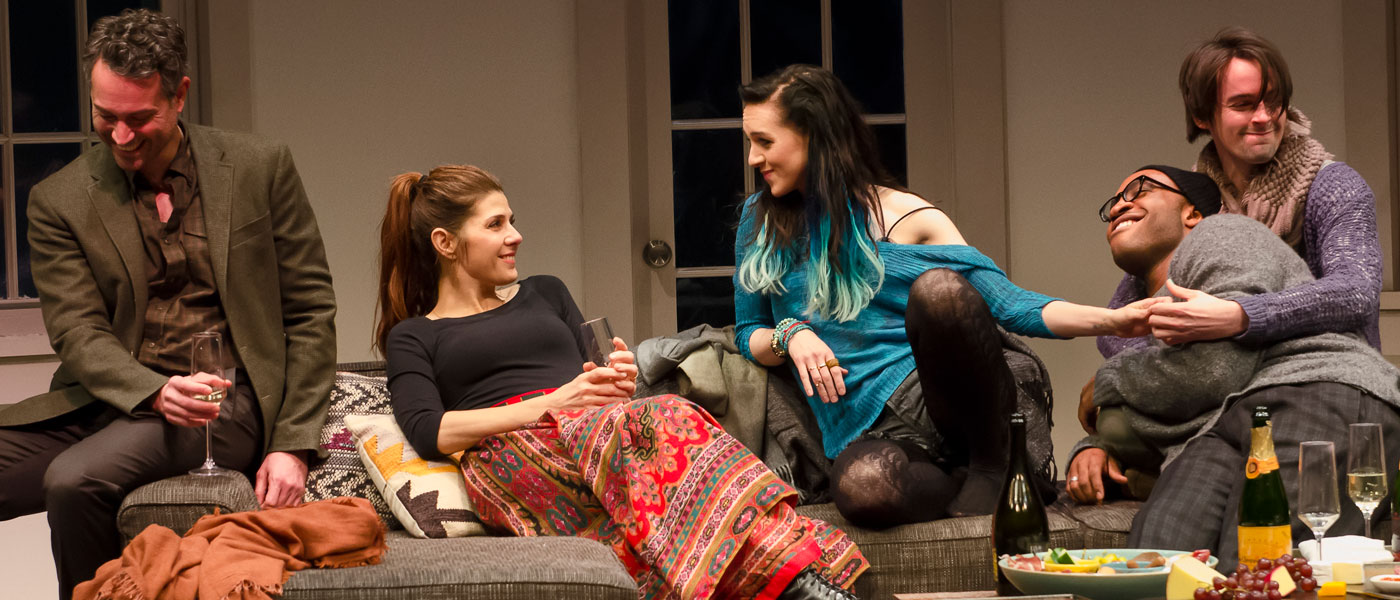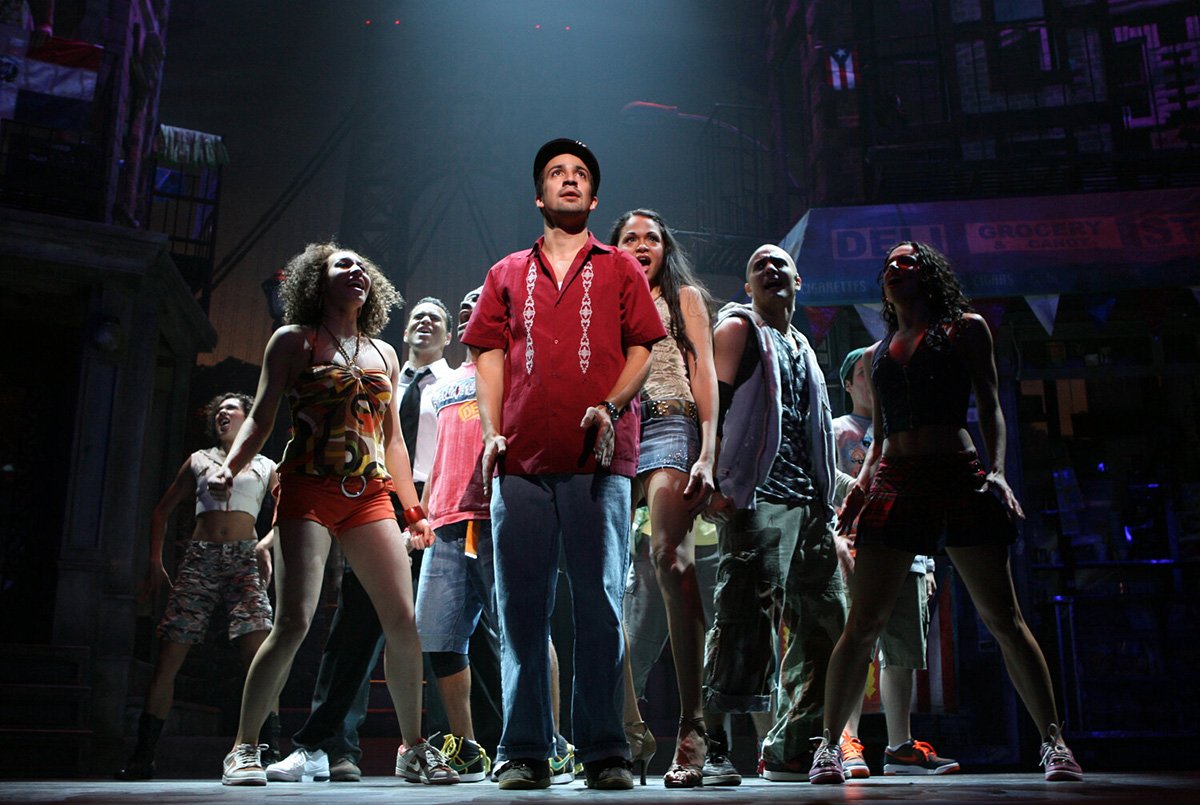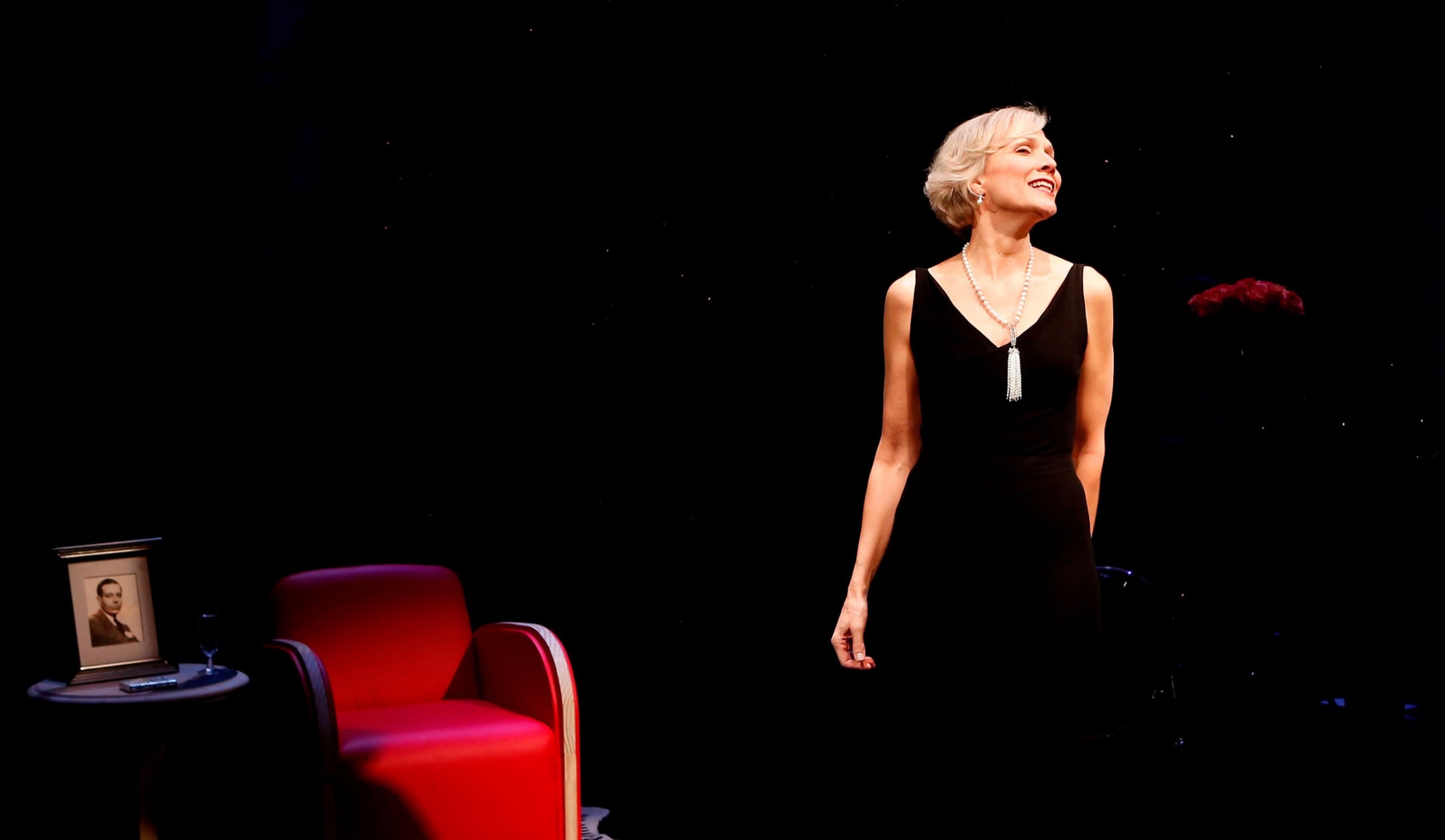
On happy endings
Happy endings are not in vogue.
I have noticed that ambivalent endings are in vogue — the equivalent of a character hopping on one foot as the lights go down.
Playwrights might be wary of happy endings because these are not happy times. Or maybe we are wary of happy endings because we are wary in the contemporary theatre of unmixed genres — a full-out comedy, or a full-on tragedy. In Shakespeare, comedies end happily with a marriage, and tragedies end with a body pile up. But unmixed genres are now the province of Hollywood, not theatre. Our American stages are more full of dramas than they are of comedies and tragedies.
So what of a title like How to Transcend a Happy Marriage? That seems fairly bold given the climate. It implies a happy beginning, possibly a happy middle, and a happy ending. Or perhaps it implies irony all the way through.
***
Is the search for happiness stage-worthy? Aristotle talked of eudaimonia, the good life. This is a search for the good for its own sake. The search for a flourishing, happy life. That seems a worthy topic for philosophy, but is it a worthy topic for drama: how to live? Certainly every play — comedy, tragedy, or drama — seems to contain some small message about how to live. But to tackle existential questions head on — like, how do we increase our happiness and our love for our fellow humans? — is tricky and full of dramaturgical dangers. Being married and having children does not end anyone’s searching, though it implies an end in many narrative structures. Can a play start at the happy middle and go forward?
I teach a class at Yale called “Ovid and his Influence.” We read Ovid’s Metamorphoses, and we read plays that seem influenced by Ovid’s wild flights of transformation. I ask my students to write a play that includes at least one sudden transformation, one song, and one non-human. When I set out to write How to Transcend a Happy Marriage, I decided it was only fair to set myself the same task. So you will find all those Ovidian ingredients in the play.
How to Transcend a Happy Marriage is about two happily married couples — such close friends as to be almost family — who meet a polyamorous woman in her twenties, and her two male lovers. Some wildness ensues. The wildness turns out not to be an end in itself, but a means of loving more fully, more widely. How do we love bigger? Is a question that has always dogged me, and it thrums through the play.
In ancient Greek there are three words for love. Eros is sexual, “an intermediary between gods and humans”; agape is a full empathetic love of humanity — which is similar to the Latin word caritas, from charity. And storge is affection between parents and children. How to Transcend a Happy Marriage is ultimately a meditation on those three kinds of love.
***
I have friends that are like family, and that challenge the notion that a nuclear family is complete unto itself. Perhaps nowhere more than in America do we persist in the fiction that we can get absolutely everything we need from the nuclear family and from our spouses; our great-aunts unknown — our parents flung across the country — our neighbors who we have never met. When one tries to raise children in that cloistered, closed environment, something frays, and I believe that something is often the mother.
Plays with motherhood at the center, written by mothers, are quite new. We’ve only had them for the last twenty or thirty years. Our first woman playwright in the English language, Aphra Behn — a poet, a playwright, and a spy — did not have children. Lorraine Hansberry was the god-mother to Nina Simone’s daughter, but did not have her own children. Lillian Hellman — no children. Between Aphra Behn’s death in 1689 we would have to wait almost three hundred years to read plays by women who happen to have children — among the first were Tina Howe, Adrienne Kennedy, and Marsha Norman. We had to wait even longer to hear from women critics with children writing about plays written by women with children. We must be unembarrassed and unashamed to write from our experience, knowing that we are reaching each other without sometimes ever speaking to one another.
It could be that I wrote more happy endings once I had children. I was looking less at the afterlife and more at the ground. Tolstoy said, “All happy families are alike; each unhappy family is unhappy in its own way.” And so Tolstoy furthered the myth of unhappiness as a marker of uniqueness. What if happy endings are also unique unto themselves; and each search to find them as rare and singular as the proverbial snowflake.
To purchase a copy of How to Transcend a Happy Marriage, click here, and to learn more about licensing a production, click here.

Great Roles for Latine Actors

A Feast of Titles Perfect for Thanksgiving

